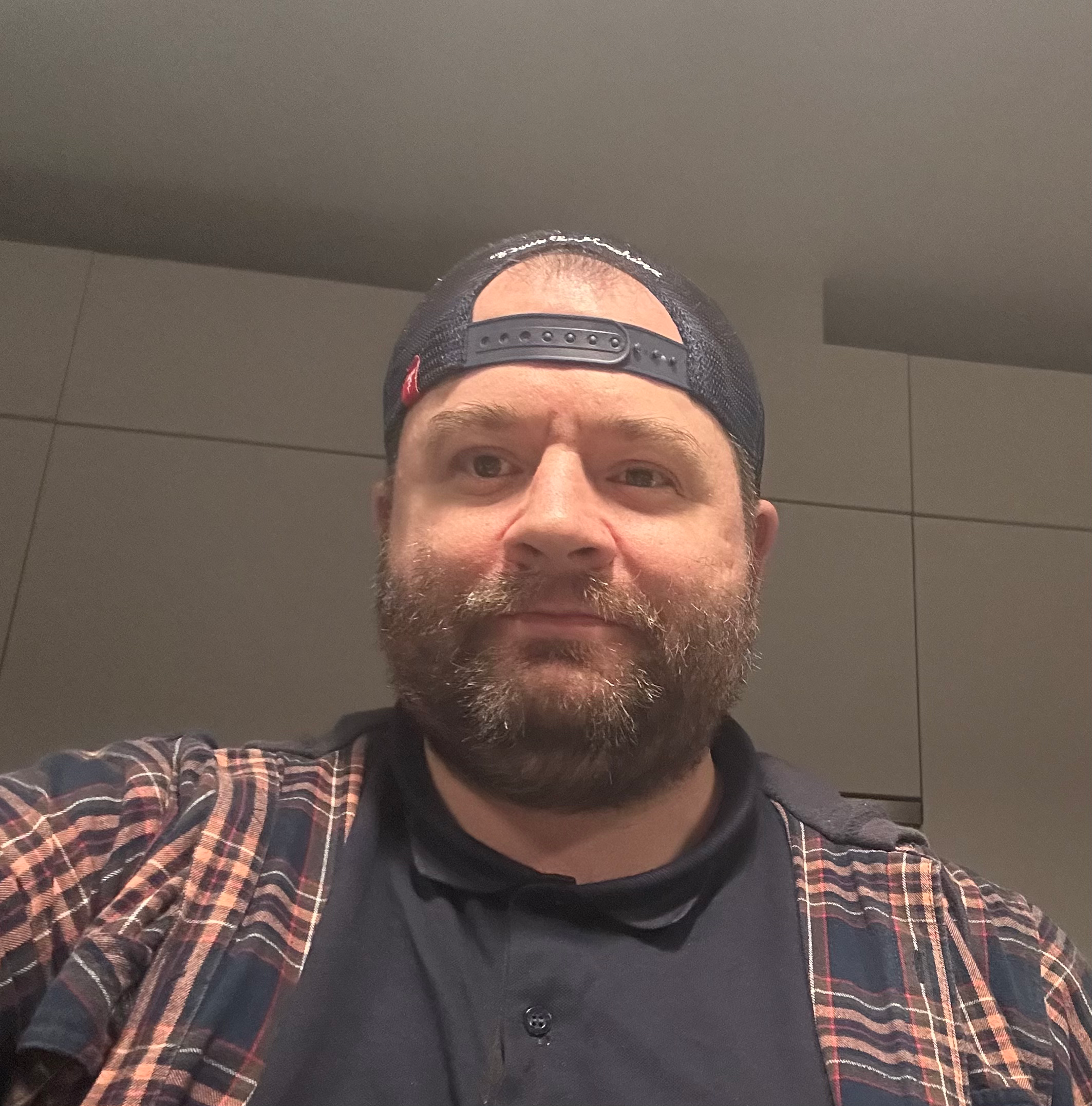I didn't choose poverty - disability did
- Scott Whitney

- Jun 18, 2025
- 4 min read
47 percent of working aged disabled people live in poverty (source: Scope)
I've never been rich. I've made choices where I've favoured experiences over stability. When I was younger and my friends were saving for a mortgage, I chose to go to gigs, spend more on clothes and other things that didn't support my future. This meant I have never had a mortgage or owned a home. I can't complain and say it's because deposits are too high. I had a choice. When I was younger deposits were 10 percent of the property value (sometimes just 5 percent). Today, houses have increased in price and you need to have more deposit compared to the value of the property.
When I became disabled in 2020, everything changed.
A house with a disabled person living in it costs an average of £975 more per month (source: Scope)

Disability adds costs. The first costs were increased bills, such as electricity and water bills. Bed sheets and clothes needed washing more. I could wear 3 or 4 sets of clothes in a day. As my condition can be excarbated by heat it meant that I needed fans on constantly. Even with this I had ice packs being cooled a lot. The next thing was the amount of taxis that I needed or my family needed. This was to visit me in hospital or collect medication. My diet needing changing and the food bill increased too.
Comfort is something everyone craves. When you are in constant pain you start to try things. Purchasing different pillows, clothing or shoes. Then when it comes to bladder control, I needed to purchase pads to go on my bed to protect my mattress. I also tried other things which didn't work. All of these things start to add up.
Medication stabilises you but doesn't get you to your best. People will tell you to try this vitamin and that vitamin. You might continue to take some of them as you feel the beenfit. Vitamins are not cheap.
Medical equipment like profiling bed, sleep apnoea mask and electric wheelchair were some things I needed. Other people may have dialysis machines, other breathing equipment, additional fridges for medicines or heating to be on higher. With this it becomes harder to work. I found that I couldn't work as many hours. This meant as my outgoings were increasing, I lost 20% of my income. It may be a household member loses income from caring duties. It's different in every household. This story will resonate with some people, but others experiences will be very different.
People with disabilities more than twice as likely to suffer with their mental health (source: NHS)

It seems a relevent time to point out that people with hidden disabilities outnumber those with physical disabilities. With the additional worry of money, plus health concerns it is easy to see why people with disabilities have difficulties with their mental health. Additional worries aren't just that. Gaslighting from medical professionals is common. One consultant passing you to another and another. All the time the patient is getting no help, whilst costs increase with additional taxis (as mentioned above). This period where you are questioning "What is wrong with me?" and getting no support. When you finally get told, you are out the door with a leaflet if you are lucky. (Note: There is nothing wrong with you, but it is common at the time to feel like there is when you are awaiting diagnosis)
For me housing is a huge problem. I was living in a hotel for a long period of time. Even now my accomadation is temporary. My search for a property that fits my wheelchair through the doors or I can get in the shower is like finding a needle in a hay stack. Friends start disowning you. You read that right. Friends disown you. The amount of people who have told me the same story. Due to your health you cancel on a night out. This happens a few times and your friends stop inviting you. Then they stop checking in on you. Suddenly you feel you have no one. You feel lonely and the walls start closing in on you. Some people will crave what they have lost. This is something that can bring someone down. Whilst I'm happy to talk about what I've lost, I'm also happy to speak about and think about what I've gained too. I'm lucky that I've met lots of people within the disability community. It's something I'd advise newly disabled people doing too.
Over 40 percent of disabled people say they are always or very often lonely (source: Office of National Statistics)

Loneliness is a big factor in impacting disabled peoples mental health. Loneliness is completely hidden and the walls feel like they are caving in. Last year I ran a couple of projects with WHO (World Health Organization) with people all around the world with loneliness. People wanted to talk and open up. Tell me how it impacted their diets and health. Some people have families and friends and feel lonely. Some have no one. But are impacted equally. It's why All 4 Inclusion focuses on loneliness. We know how it feels. Community for us is so important for us and our members. Even if some people want to go out, they can be forced indoors as pavements are uneven, potholes or difficulties with transport. The next battle is whether the venue is accessible too. When I think of poverty, it's more than money. It's health, mental health but mainly it's the quality of life. It's how easy it is to navigate society. For some people it's harder to achieve the same goal than it is for someone else. Is that right?




Comments